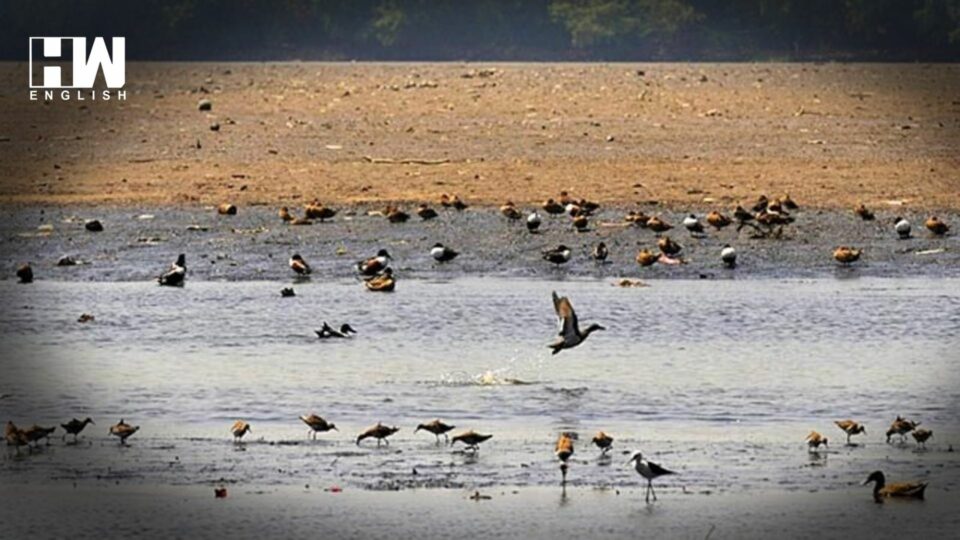A groundbreaking United Nations (UN) report sounds the alarm on the precarious state of the world’s most vulnerable animal migrants. Species like turtle doves, sharks, penguins, and camels undertake epic yearly journeys across seas and skies to breed and feed, playing vital ecological roles like transporting nutrients, dispersing seeds, and pollinating. Yet decades of human exploitation now have many teetering on the brink.
Also Read: Nitish Kumar Wins Bihar Trust vote With 129 MLAs’ Backing
The report offers the first comprehensive global assessment of nearly 1,200 migratory species protected under a UN wildlife treaty signed over 40 years ago. The findings expose shocking threats: one in five species faces extinction, while the crisis is most acute for migratory fish like sharks, with 97% at risk. Key dangers include habitat destruction, overhunting, illegal wildlife trade, and accidental catch from industrial fishing.
The scale is staggering–up to 36 million birds are illegally captured annually in the Mediterranean or killed in the Middle East, with substantial overlap between shark migration routes and global fishing hotspots. While some species, like humpback whales, have rebounded thanks to conservation efforts after nearly vanishing from hunting before protections were enacted, the report signals most migrants are declining fast.
In the past three decades, 70 species, like the steppe eagle and wild camel, have become more endangered. The two main drivers are terrain loss and overexploitation from humans, who intentionally or accidentally remove wildlife. This jeopardizes crucial ecosystem services migrants provide by dispersing seeds, culling prey, aerating soil, and fertilizing inland areas with marine nutrients.
And the crisis extends further than what the dataset covers. When factoring in related species also facing threats, over a third of the world’s animal migrants are now endangered or near-threatened.
As migrants cross borders and traverse vast distances–thousands of kilometres sometimes–strategic habitat conservation along migration corridors offers hope. Satellite tracking and advanced technologies can further strengthen protections and reduce bycatch. However, the report clarifies that even species granted international protected status face alarming declines from unsustainable human pressures. Urgent action is imperative to prevent losing more of the great animal voyagers that connect ecosystems and maintain nature’s balance worldwide.
As an independent media platform, we do not take advertisements from governments and corporate houses. It is you, our readers, who have supported us on our journey to do honest and unbiased journalism. Please contribute, so that we can continue to do the same in future.

